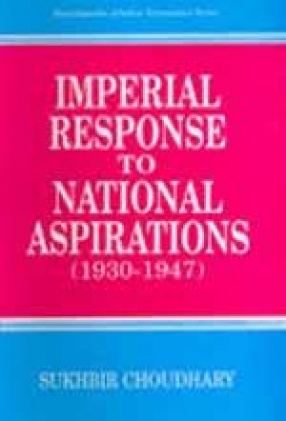
Sukhbir Choudhary

Showing all 11 books
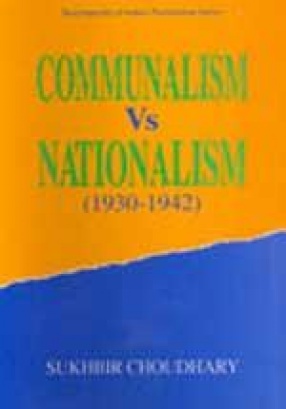
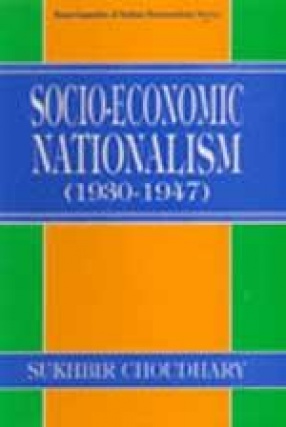
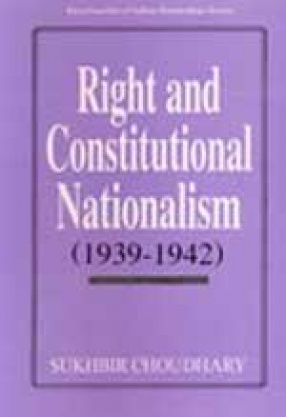
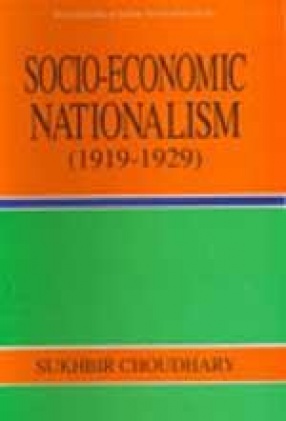
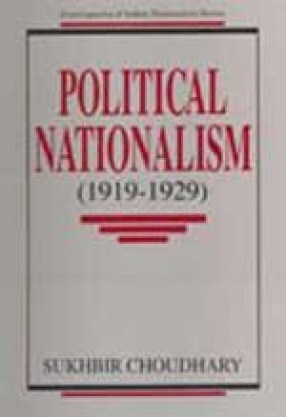
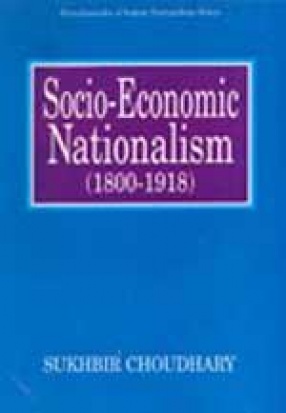

The movement for Indian Freedom symbolized the national response of the Indian people to British Imperial rule. India was always nation. All empires are more or less similar. They fatten on the exploitation of the many. Like Romans, the Britishers thought that the world is made for them. But the stiff and bold resistance from all and sundry and a polished and intellectual reply from congress leaders to the Britishers compelled them to enhance gradually all ...

Communalism, gradually and slowly, finally insinuate in the minds of fundamentalists on both sides-Hinduism as well as Muslims. Constant encouragement by the Britishers, the Muslims were gaining ground and instead of bringing the Muslims nearer to the Hindus, the communal minded Muslim leaders tried to lay emphasis on the separate identity of Muslims. Taking full advantage of Hindu-Muslim bickerings over the federal scheme the British Imperialists did not loose ...
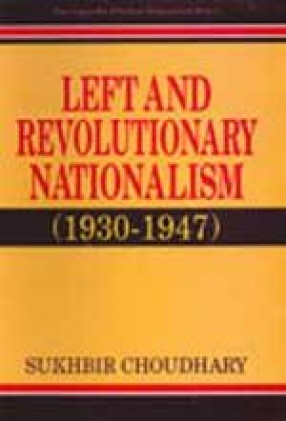
Anmol since its inception in 1984 has made rapid strides in the publishing industry. Issuing nearly more than 250 titles a year. Anmol has made landmark success in bringing out many outstanding Encyclopedia/Reference works in almost all disciplinesAnmol since its inception in 1984 has made rapid strides in the publishing industry. Issuing nearly more than 250 titles a year. Anmol since its inception in 1984 has made rapid strides in the publishing industry. ...
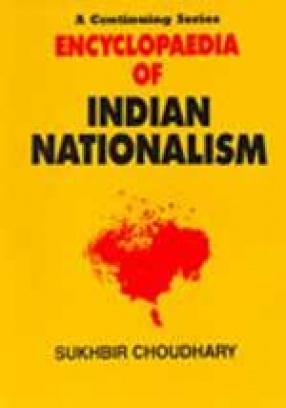
The volumes trace the factors responsible for generating National Awakening among Indians. The author highlights the salient features of phenomenon of Indian Nationalism like the wedding to socialism, anti-fascism, anti-Nazism, anti-imperialism, anti-racialism, faith in internationalism, love for humanism and modernism, anti-princedom, anti-feudalism and dual role of bourgeoisie, and finally the concept of an Asian Federation. The study brings into lime-light the ...

England reduced India to beggary, nay most Indian people. Till 18th century India was the producer of all sorts of goods. The destruction of indigenous, small-scale and rural industries, which forced the artisans on land was the consequence of British policy. But Indian textiles were in great demand in Europe, her agriculture produce was enough to feed her population and to sell enough abroad. Shri Jawahar Lal Nehru, Subhas Chandra Bose, M.N. Roy and K.T. Shah ...

Mahatma Gandhi published in the Harijan on 24 May] 1942. "We are... fixed in our determination that the British Rule in India in any shape or form must end." Hitherto to Rulers have said, "We would gladly retire if we know to whom we should hand over." Gandhiji said "leave India to God.. This was the mood of Indian nationalism during this period-When Cripps came to India with certain proposals, the Indian leaders demonstrated that they ...

In the post-war period the economic condition of Indians were far from satisfactory. One of the issues which created economic restlessness and alienated the Indian people was the agrarian policy of the British Government. Encouragement of producing such raw materials as jute, cotton, oil seeds and foodgrains was done with the object of encouraging their export to the British market. Similarly, the future of India depended on industrialization but to the British ...
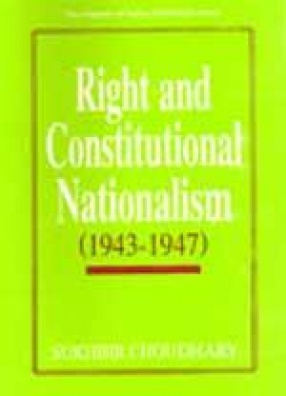
All over India there was a strong anger and bitterness against the imperial system that was trying to sustain itself by hook or by crook against the will of millions of Indian people. The Indian leaders were trying their best to regain Swarajya through constitutional rights and in convincing the Britishers that they are strong enough to hold the reigns of the country. This was the most crucial period for India as well as for Britishers. The first was of ...

Indian nationalism, after the 1857 outbreak and first world war reached its youth and the Britishers introduced several political and administrative measures to establish stability in Indian where 240 million people were emphasizing on personal rule. In December 1927, Subhas Chandra Bose said "our primary concern would be to gain independence through a corporate effort. A nation is never the private property of any individual or a community.. "The zeal ...
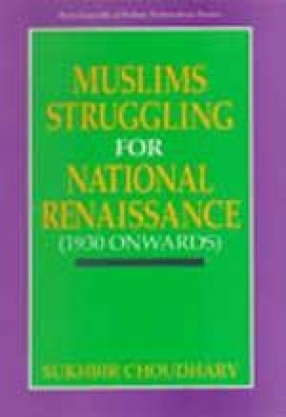
The book deals with several important issues like Muslim Personal law and other controversies, position of Muslim women, caste in Muslims and other minorities. In fact entire gamut of Muslim Personal Laws covering all aspects of marriage, divorce and inheritance need be looked into. An utter educational backwardness, orthodoxy, traditionalism, communalism, economic backwardness, British administrative apathy and selfishness of Maulvies and Maulanas precluded the ...

This volume is dedicated to great social reformer-Raja Rammohan Roy, who initiated a new social like in India, and Sh. Dada Bhai Naoroji, who roared in Metropolitan Parliament for economic and political justice for his countrymen. The book discusses from 1800 A.D. onwards the role played by economic and social factors in awakening national consciousness in a very comprehensive fashion. British Rule in India was based on economic exploitation of the indigenous ...
